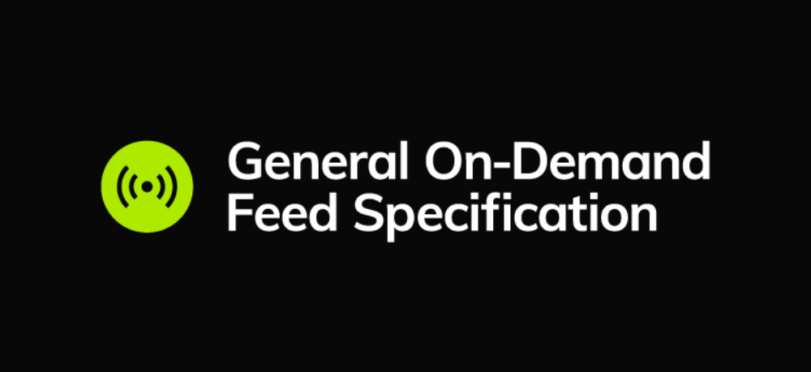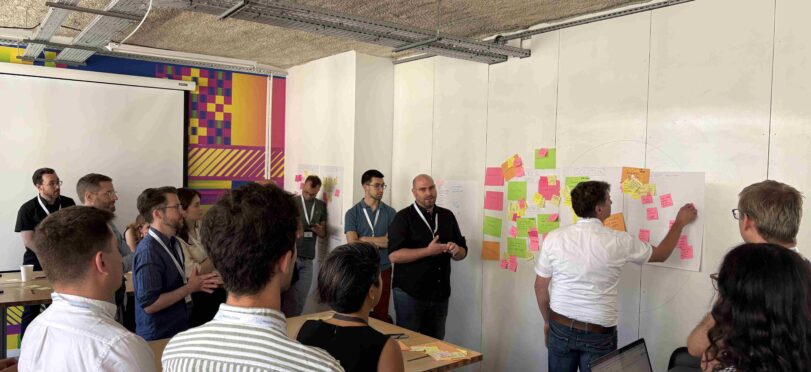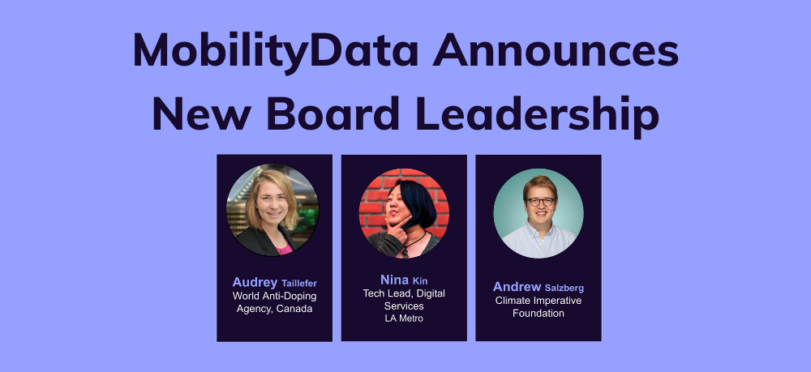A success for the first International Mobility Data Summit!

Introduction
On June 6 and 7th 2022, MobilityData held the first-ever International Mobility Data Summit in Montréal, Canada. Over these two days, attendees had the opportunity to listen to a variety of sessions and participate in workshops. The International Mobility Data Summit was envisioned to be a space where stakeholders could build a shared vision, a space to solve complex problems, and a space where there was a focus on data and standardization initiatives. The workshops and sessions were sectioned into four themes:
- Data and Business Models
- Data and Policy
- Public Transit Data
- Shared Mobility Data
This report contains an overall summary of the Summit, as well as our key learnings and insights and how the MobilityData team plans to implement the feedback we received.
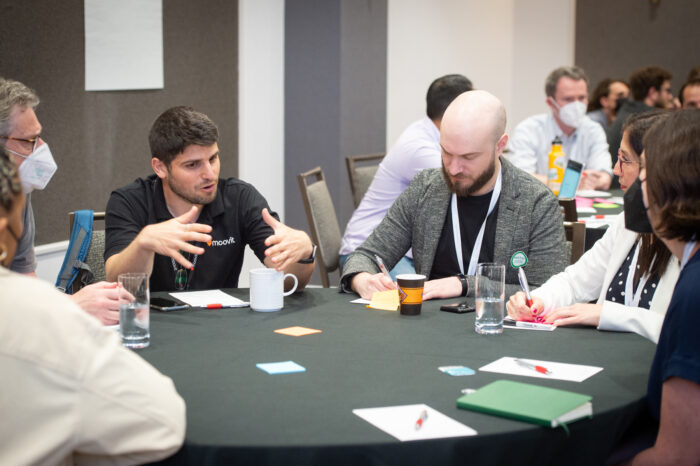
Summary
Over the two-day period, MobilityData and our speakers led insightful discussions surrounding mobility and data standards. We heard a lot about the challenges and frustrations people are facing in their daily work, but we also heard about the wins and joys of working together.
The days were filled with networking, collaboration, and major learnings, all centered around viewing mobility through the lens of data. The entire MobiltyData staff was excited to meet all of our stakeholders and other attendees in person, after engaging with them through Slack, GitHub, and other mediums for the last two years. Equity and collaboration were two major themes highlighted throughout the sessions and workshops, with many people sharing their voices on these topics.
Data and Business Models
From the benefits of real-time data to building interoperability, this section highlighted the business models behind public transit and shared mobility and looked at how data can inform the choice of a business model.
Data and Policy
With sessions ranging from discussions on lessons from the Global South to GTFS and informal transit, the data and policy section was illustrative of the impacts of data on policy-making.
Public Transit Data
The big question under this section was how to represent a diversity of services in the existing standards and what is missing from these standards? Sessions included the much anticipated shared identifiers workshop where participants had a high level of engagement. There were also workshops on GTFS Fares which drove a lot of discussions.
Shared Mobility Data
Similar to the questions of Public Transit Data, this section sought to uncover how to represent a diversity of services in the existing standards and understand what is currently missing. Sessions ranged from unpacking micro-mobility as a solution to urban traffic congestion to learning the magic of GBFS feeds.
The Summit was a space that fostered collaboration and possibility, each day providing new, exciting takeaways.

Utilizing the feedback
MobilityData is committed to utilizing the feedback received, especially from our workshops. At the Summit, MobilityData hosted nine workshops. These were:
- Building MobilityData’s Public Transit roadmap with you
- GBFS developers’ workshop: systems.csv and vehicle taxonomy
- GTFS Schedule validator walkthrough
- GBFS developers’ workshop: Geofencing
- Translating the world in digits: Shared identifiers workshop
- GTFS developers’ workshop: Fares
- What’s mine is maybe yours: GBFS Licensing
- GTFS developers’ workshop: GTFS-Flex and on-demand services
- Design sprint: GBFS validator
These workshops were highly interactive and produced a large amount of feedback for the MobilityData team to utilize and incorporate into their work. These workshops will complement and inform MoblityData’s work in various ways.
“It was grounding to discuss things outside of our own bubble and learn about users, consumers, and producers,” said Omar Kabbani, Data Modeller on the MobilityData Specification Team. Michelle Nguyen-Ta, Data Specialist at MobilityData followed this thread and said, “It was incredibly productive to talk to our stakeholders in person and come to consensus and share ideas. We are better informed on how to move forward with our work and prioritize efficiency.”
In their workshops, the Specifications team utilized printed worksheets as an interactive component, where attendees could write their ideas, vision, and feedback. The team has synthesized all of the worksheets and hopes it informs their work in future quarters.
“It is good to see that we’re aligned on the same things,” Omar Kabbani added, speaking of the collaboration he witnessed at the GTFS-Flex workshop.
The workshops will impact MobilityData’s roadmap in an informative way. Isabelle de Robert, Product Manager of Quality Data, said, “We have a clearer sense of where people see value in MobilityData. Having the Summit really made it clear.” “Participants heavily emphasized the need for 1) a consensus on the definition of data quality, 2) user interfaces for issue tracking and the validator tools and 3) more resources to support data producers in fixing data. We hope to continue the momentum of the summit to make these things happen with the community.”
This is how all the participant feedback lands in our roadmap. Here is a link to the Miro board, which illustrates how our team has started processing the information we received.
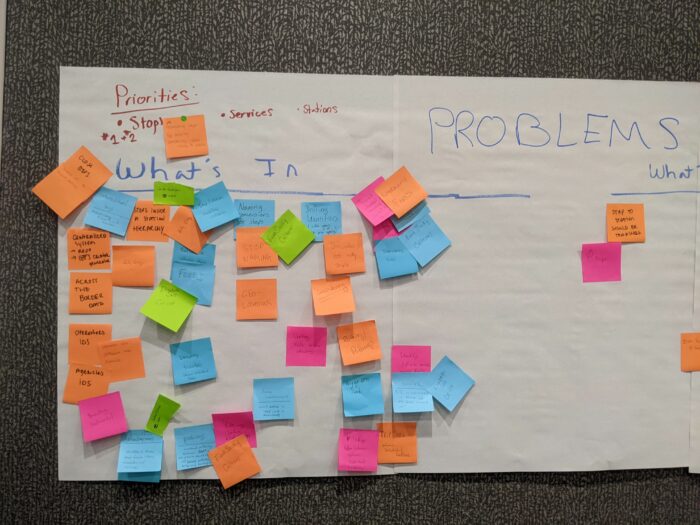
Moving forward
Continue the momentum through the sharing of ideas and asking questions in the Slack channels. You can participate in the discussions already happening in the gtfs-validators and gtfs-flex channels.
We hope to see you all again next year for the annual International Mobility Data Summit! MobilityData extends its thanks to our sponsors, members, speakers, organizers, and all of the attendees who helped make this event a success. We hope the Summit continues to evolve as a space for major discussions around mobility and data.

